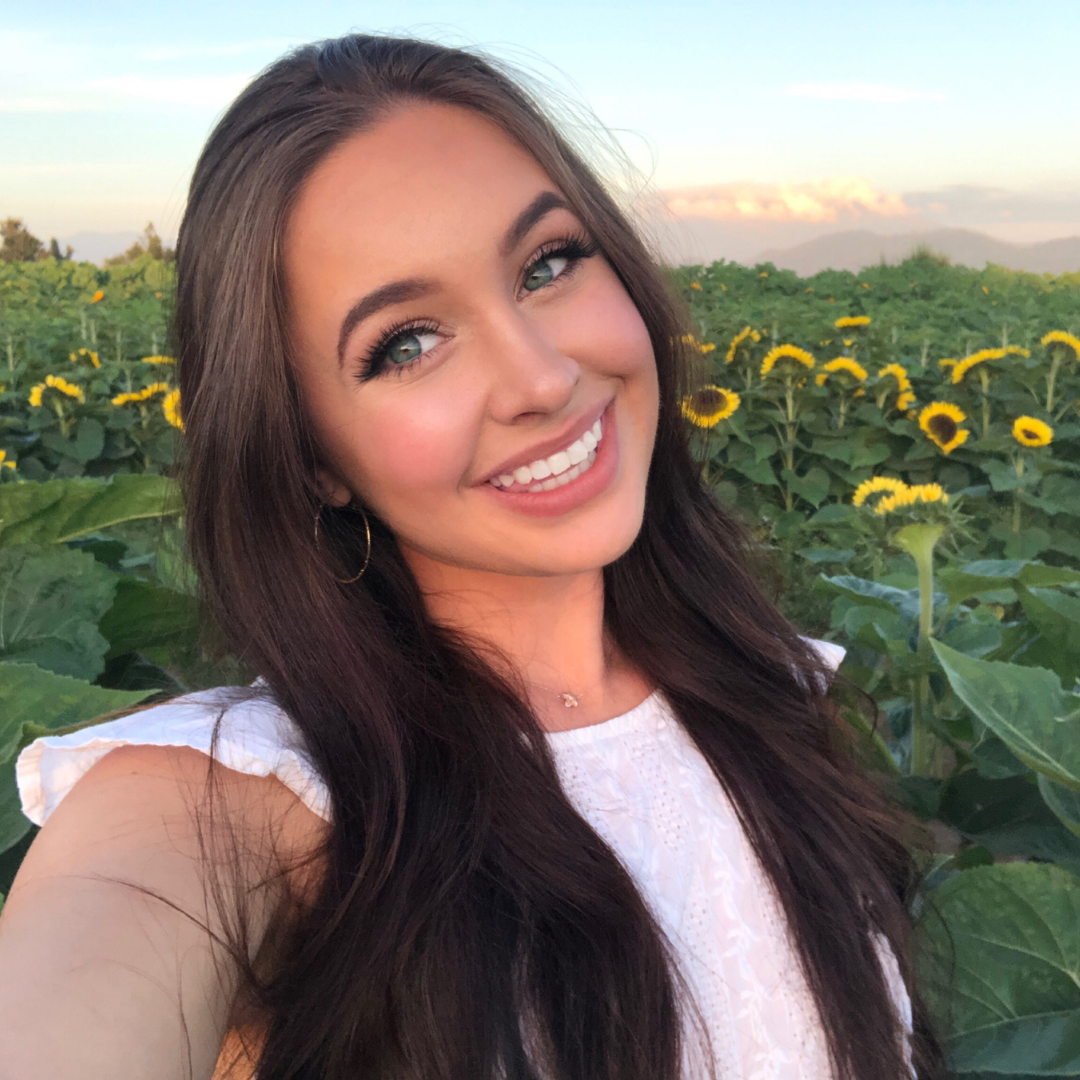Roots of Knowledge: Stories That Shape Our Learning
In the heart of our university, where stories of heritage and identity intertwine, a program stands out for its deep impact on students and the broader community. The Power and Place program is more than an academic pursuit—it’s a journey of discovery and reconciliation. Today, we spotlight Meghan Hilton, one of our remarkable students whose experience in this program has been nothing short of transformative.
“I was motivated to enrol in the Power and Place program as I am a Metis student studying Indigenous Studies,” shares Meghan, currently in her final year pursuing a Bachelor of Arts degree at UFV. The decision to join the program stemmed from a desire for an immersive, hands-on learning experience that would deepen her understanding of Indigenous studies.
As she recounts her journey, the passion and dedication to her studies are evident. When asked about a specific moment or lesson that deeply resonated with her, Meghan finds it challenging to pinpoint just one.
“It is challenging to pinpoint a single moment or lesson from the Power and Place program that resonated with me the most, as each class and lesson contributed uniquely and significantly to my understanding of Indigenous studies and Stó:lō history. Each lesson resonates differently with everyone, while providing support and guidance on how to apply this knowledge in meaningful ways in the world around us.”
When asked about the impacts of the Power and Place program and how she felt empowered to contribute to genuine reconciliation between Indigenous and settler communities, Meghan says:
“The Power and Place program has given me the tools I need to positively contribute to reconciliation efforts between Indigenous and settler communities. Through this program, I have gained a deep and complex understanding of Canadian Indigenous peoples’ history, cultures, and worldviews. Thanks to the intensive program structure I feel more prepared to advocate for Indigenous peoples’ rights and facilitate respectful conversations about these topics. Through engagement with real-world scenarios and case studies, we as students have gained a greater awareness of the structural challenges and injustices that many face. Additionally, community engagement and collaboration are prioritized in the program’s approach to complex problems. Respecting the knowledge and experiences of Indigenous peoples, you learn to collaborate in a way that prioritizes and encourages culturally appropriate efforts.”
For those considering enrolling in the Power and Place program, Meghan’s advice is both heartfelt and practical.
“I would advise students who are considering enrolling in the Power and Place program to make the commitment. I advise approaching every lesson and class discussion with an open mind and an intent to participate wholeheartedly. The Power and Place program is a life-changing opportunity that engages students in an immersive learning environment and teaches many skills necessary to support efforts towards truth and reconciliation in a good way.”
As we celebrate the stories of students like Meghan, we are reminded of the power of education to transform lives and bridge communities. The Power and Place program continues to be a beacon of hope and understanding, shaping the next generation of advocates for truth and reconciliation.


